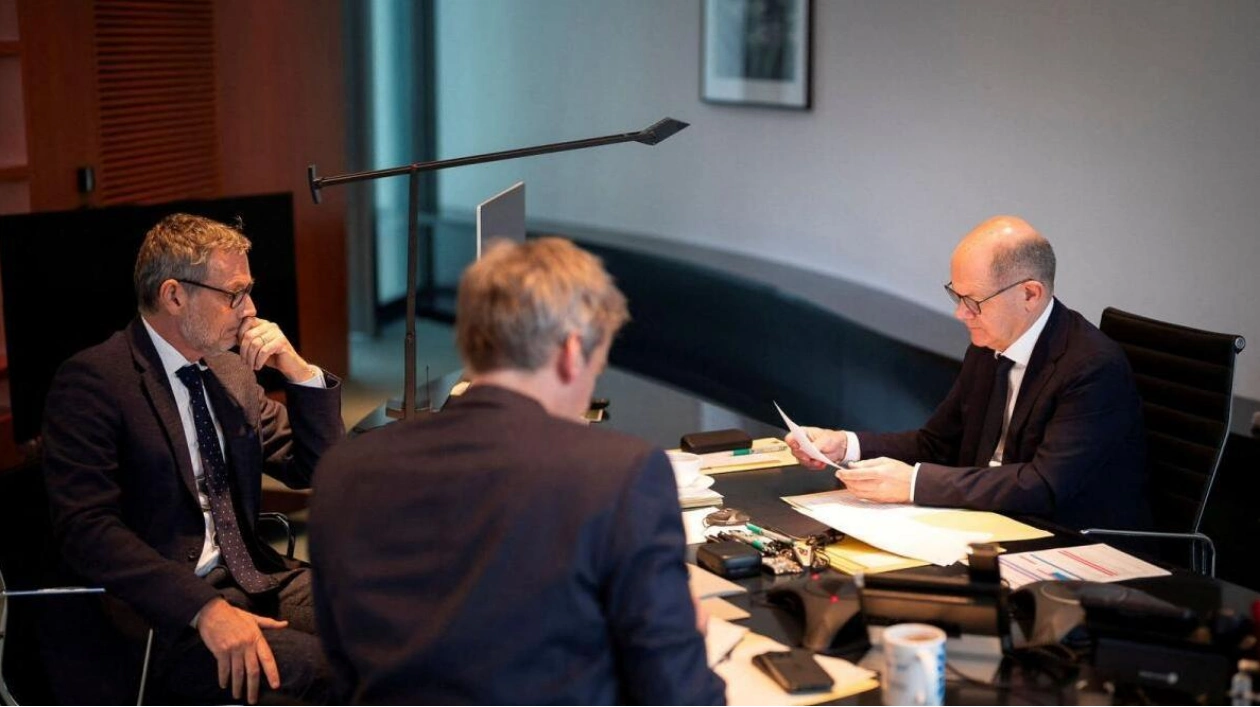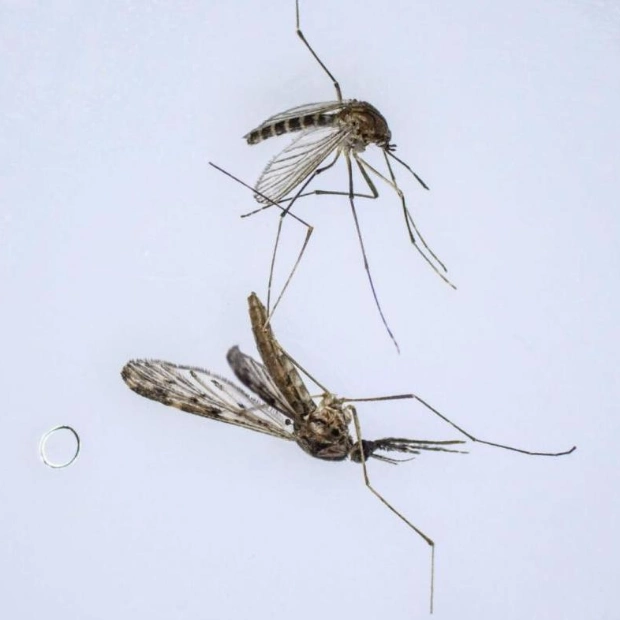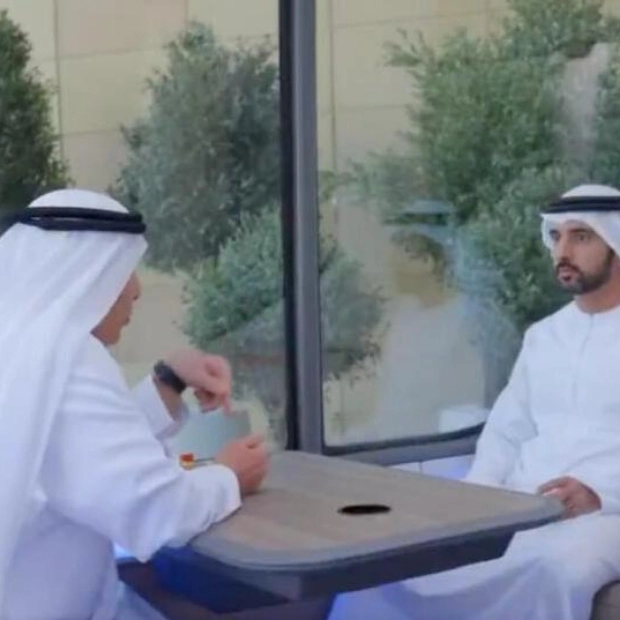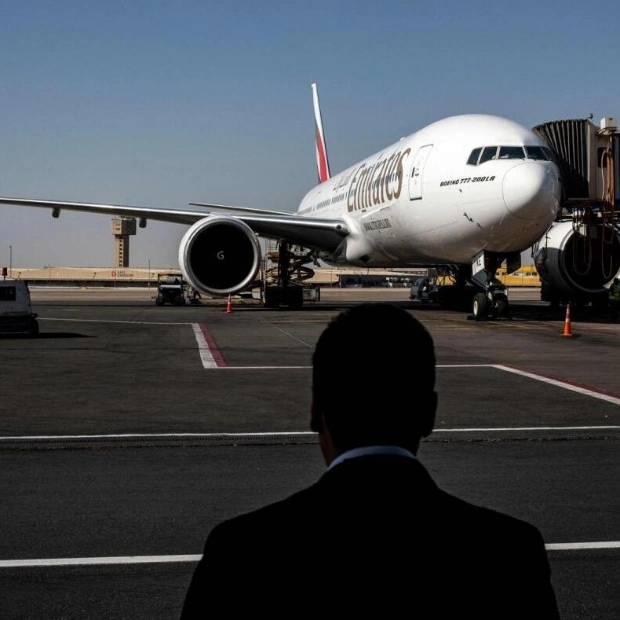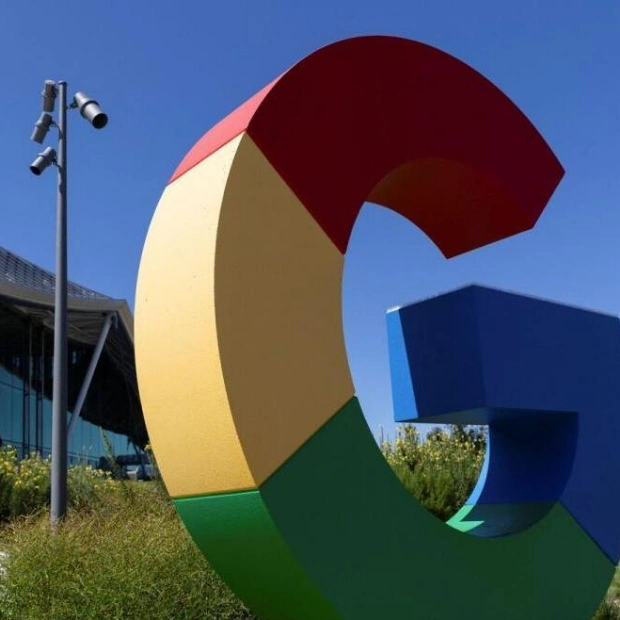German Chancellor Olaf Scholz engaged in a phone conversation with Russian President Vladimir Putin on November 15, with foreign and security policy advisor Jens Ploetner and government spokesman Steffen Hebestreit observing in Berlin, Germany. REUTERS
Chancellor Olaf Scholz disclosed that his discussion with Vladimir Putin on Friday provided no evidence of a change in the Russian leader's stance on the conflict in Ukraine. Despite facing widespread criticism, Scholz defended his decision to contact the Kremlin. The hour-long call with Putin marked their first direct communication in nearly two years, occurring just three months before snap elections where the highly unpopular chancellor is expected to face significant opposition from populist factions demanding a return to diplomatic efforts.
Critics, including Ukrainian President Volodymyr Zelenskiy, argued that the call undermined Western unity for domestic political gain. Scholz emphasized to reporters, "It was crucial to convey to him (Putin) that he cannot rely on diminishing support from Germany, Europe, and many other nations." Scholz acknowledged that the detailed conversation highlighted the unchanged views of the Russian President regarding the war, which he described as "not good news."
The call took place amid increasing interactions between Western-aligned leaders and the Kremlin, even as Russia continues to make gradual advances on the battlefield in eastern Ukraine. UN Secretary-General Antonio Guterres, formerly the Prime Minister of NATO member Portugal, participated in a BRICS summit in Russia, while Russian Foreign Minister Sergei Lavrov is scheduled to attend a security summit in EU member Malta in December. Additionally, re-elected US President Donald Trump has claimed he can swiftly resolve the war and has appointed several security figures to his cabinet who are perceived as more favorable towards Moscow than their predecessors.
Scholz noted the implications for Europe, stating, "In my opinion, it would not be advisable if discussions were held between the American and Russian presidents without the involvement of a key European leader."
Source link: https://www.khaleejtimes.com
